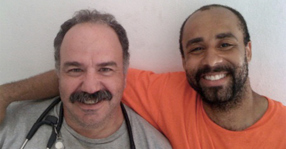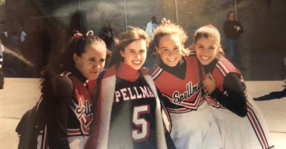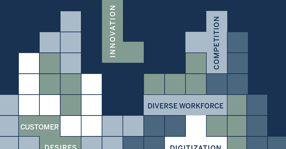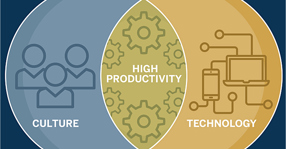We’re pleased to provide you with insights like these from Boston Private. Boston Private is now an SVB company. Together we’re well positioned to offer you the service, understanding, guidance and solutions to help you discover opportunities and build wealth – now and in the future.
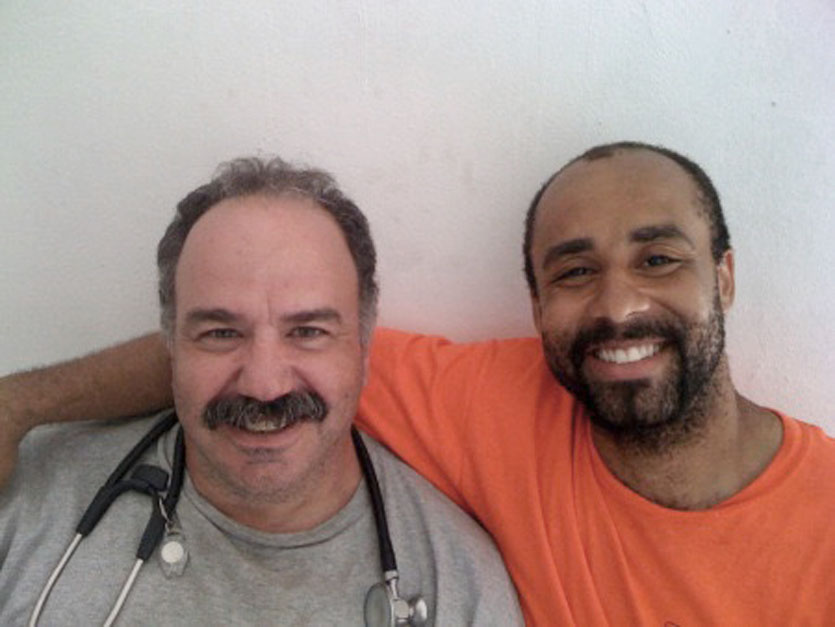 |
Build Health International believes that every person deserves quality healthcare – that is why the organization designs, builds and equips dignified spaces for care in the most resource-constrained regions of the world. |

"Our mission is to improve global health equity through high-quality, reliable infrastructure. Our team has been designing, building and equipping hospitals and health clinics across Latin America, the Caribbean and Africa for more than ten years."
Prior to starting Build Health International (BHI), Ansara founded Shawmut Design and Construction in the 1980s and grew it into a national company, becoming one of the top 25 construction companies in the U.S. After selling the company to the employees in 2006, Jim knew he wanted to use his time and resources to give back.
While Build Health International’s services are in engineering and architecture, they’re really in the business of helping address poverty by improving health outcomes. “Each year, 8.6 million people die from conditions that would be treatable if they had access to a high-quality health system. That shouldn’t happen, and that’s what we are working to change,” says Ansara.
Build Health International has done this before
BHI was founded in 2014, but its journey really began in the wake of the 2010 Haiti earthquake when Ansara and co-founder Dr. David Walton led a team to design and build a new national teaching hospital in Mirebalais, Haiti. Just a few months into construction, a devastating cholera epidemic started half a mile from the hospital construction site. Cholera spread quickly through the country, which was still struggling to rebuild after the earthquake. It was an extremely difficult period for everyone in Haiti, but the rural poor bore the brunt of the impact from the disease. “Dr. Walton and I quickly shifted our efforts from supervising construction to supporting the medical relief efforts and building emergency cholera treatment centers. The lessons we learned during these overlapping crises shaped the organization that Build Health International is today,” says Ansara. This, combined with their experience responding to the Ebola epidemic, has informed BHI’s COVID-19 response.
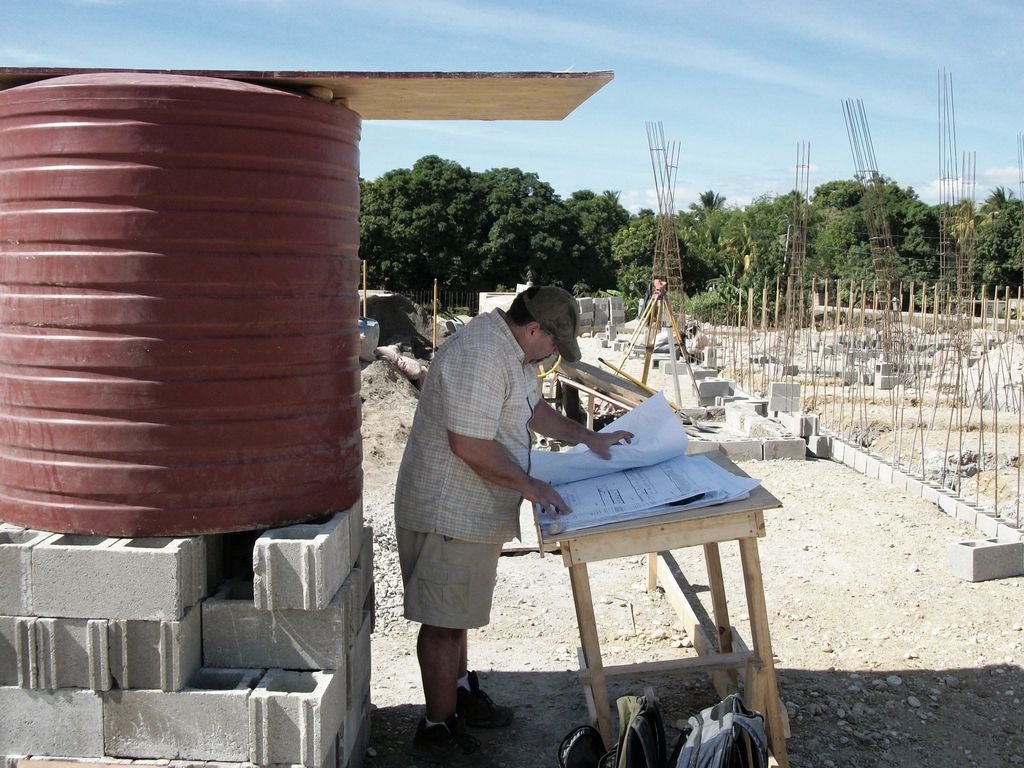
Jim Ansara and Co-founder Dr. David Walton building a 100-bed community hospital in Mirebalais, Haiti, in 2009.
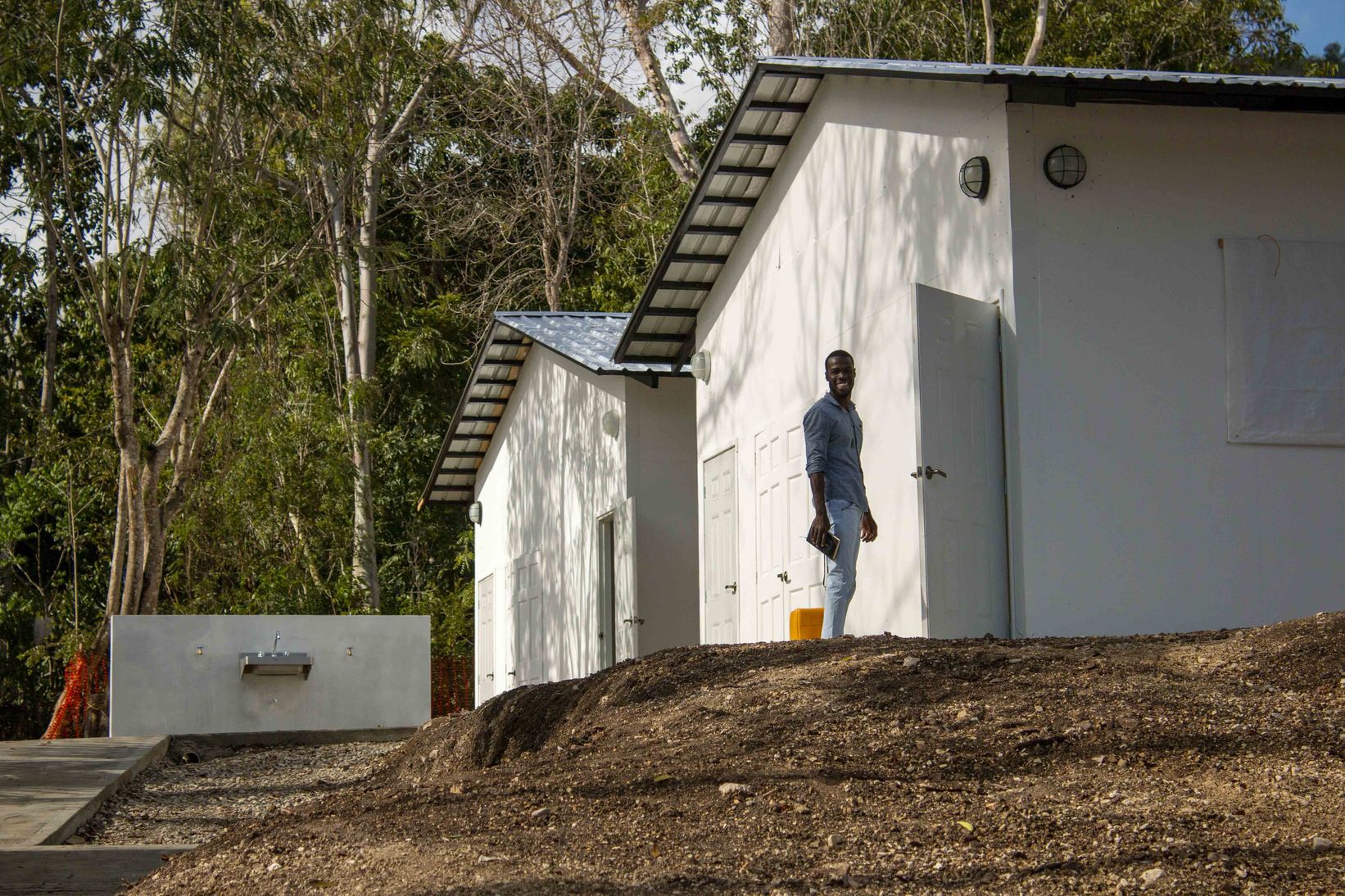
How BHI is responding to COVID-19
Since February, the organization has directed the majority of its time and resources to scaling-up emergency infrastructure and equipment in some of the most vulnerable regions of the world. “Typically, we work directly with humanitarian nonprofits that provide healthcare in impoverished countries, to assess and address their infrastructure needs. But, we want all frontline healthcare teams to have the knowledge and tools they need to stay ahead of the curve,” says Ansara. For this reason, BHI has scaled-up their consulting services and packaged their experience responding to past epidemics into open-access resources available for anyone to download. These resources – which include multiple coronavirus treatment center designs, guidelines for construction and site management, and full construction drawings – are tailored to the poorest regions of the world, and designed to be implemented by local teams with accessible materials.
In addition to providing open-access resources, Build Health International is working directly with their frontline partners in 13 countries to design and build the infrastructure they urgently need to fight this pandemic. These hospitals and clinics collectively serve over 18.3 million people; many are the only healthcare option for hours in any direction, providing care to rural communities with no running water to ward off the virus. This is true of St. Boniface Hospital where, in April, BHI completed construction on Haiti’s first dedicated Coronavirus Treatment Center. From their two large warehouses in Massachusetts, BHI is packing and shipping critical equipment and supplies, including hospital beds and oxygen tanks, to equip the new treatment centers. They’ve also donated equipment to SVB Hope – the COVID-19 field hospital at the SVB Convention Center.
Access to oxygen is particularly important to a successful response. Hospitals in the United States have piped oxygen systems, but that’s not the case for the low-resource settings where BHI works, which is why they are helping their partners secure reliable access to oxygen. A small team of BHI biomedical engineers have been in the Bahamas repairing vital equipment, including ventilators and oxygen concentrators damaged by Hurricane Dorian last September.
A look into their business model
Unlike other engineering and architecture firms that work in the developing world, BHI is an earned-income nonprofit, and exists to serve the most marginalized communities. “We support our non-profit partners in applying for capital funding, and provide our services at extremely discounted rates. This model promotes efficiency and sustainability in our project-based work,” says Ansara. “But the earned-income model doesn’t necessarily fit when we want to reach as many organizations as possible with open-access resources. To grow and sustain this work stream, we have expanded our fundraising efforts. We are extremely grateful to the individuals and foundations who are supporting this critical work.”
Learn more about Build Health International and their efforts to provide quality care to all.

